Sky owner Comcast in talks to buy ITV’s broadcasting arm for £2bn

The parent company of Sky is in talks to buy ITV’s broadcasting business for about £2bn, in a move that would upend the British television landscape.The US media company Comcast, which owns assets including Universal Studios and bought Rupert Murdoch’s Sky for £30bn in 2018, is in talks to buy ITV’s broadcasting arm, which includes its TV channels and streaming service ITVX.A deal would not involve its production arm ITV Studios – the maker of shows including Love Island, I’m a Celebrity and the hit drama Mr Bates vs The Post Office – which has been the subject of separate takeover talks.It comes two decades after James Murdoch made an audacious move to become the biggest shareholder in the UK’s largest commercial free-to-air broadcaster.Rupert’s youngest son acquired a 17.
9% stake in ITV for £940m in 2006,Sky, which took the stake to block a move by Richard Branson to buy ITV after the cable companies NTL and Telewest merged to create Virgin Media, was ultimately forced by regulators to sell its holding,ITV’s largest single shareholder, Liberty Global, which jointly owns Virgin Media O2 with Spanish telecoms operator Telefónica, halved its 10% stake in ITV last month,The broadcaster’s value has slumped to £2,5bn, about 75% below levels seen a decade ago, as the Netflix-led streaming revolution has hammered the stocks of traditional broadcasters.
On Thursday, ITV reported that it would “temporarily” cut £35m from its budgets as it deals the poor macroeconomic environment and advertiser uncertainty ahead of the budget later this month,The company said it expected advertising revenues, which still account for most of its income, to fall by 9% in the key fourth-quarter advertising period in the run-up to Christmas,ITV is being advised by the banks Robey Warshaw and Morgan Stanley,The performance of ITV Studios has led analysts to argue that the production arm alone could be worth more than the broadcasting business, which includes some of the UK’s most popular channels,Since buying Sky at a premium in a bidding war in 2018, Comcast has written down the value of the business by billions of dollars, mainly due to the poor performance of European operations in Italy and Germany.
Sky UK, which controls rights to crown-jewel assets including most of the rights to the Premier League, remains highly profitable,In June, Comcast agreed to sell its German pay-TV business to RTL, the former owner of Channel 5 in the UK, for €150m,ITV, Sky and Comcast declined to comment,
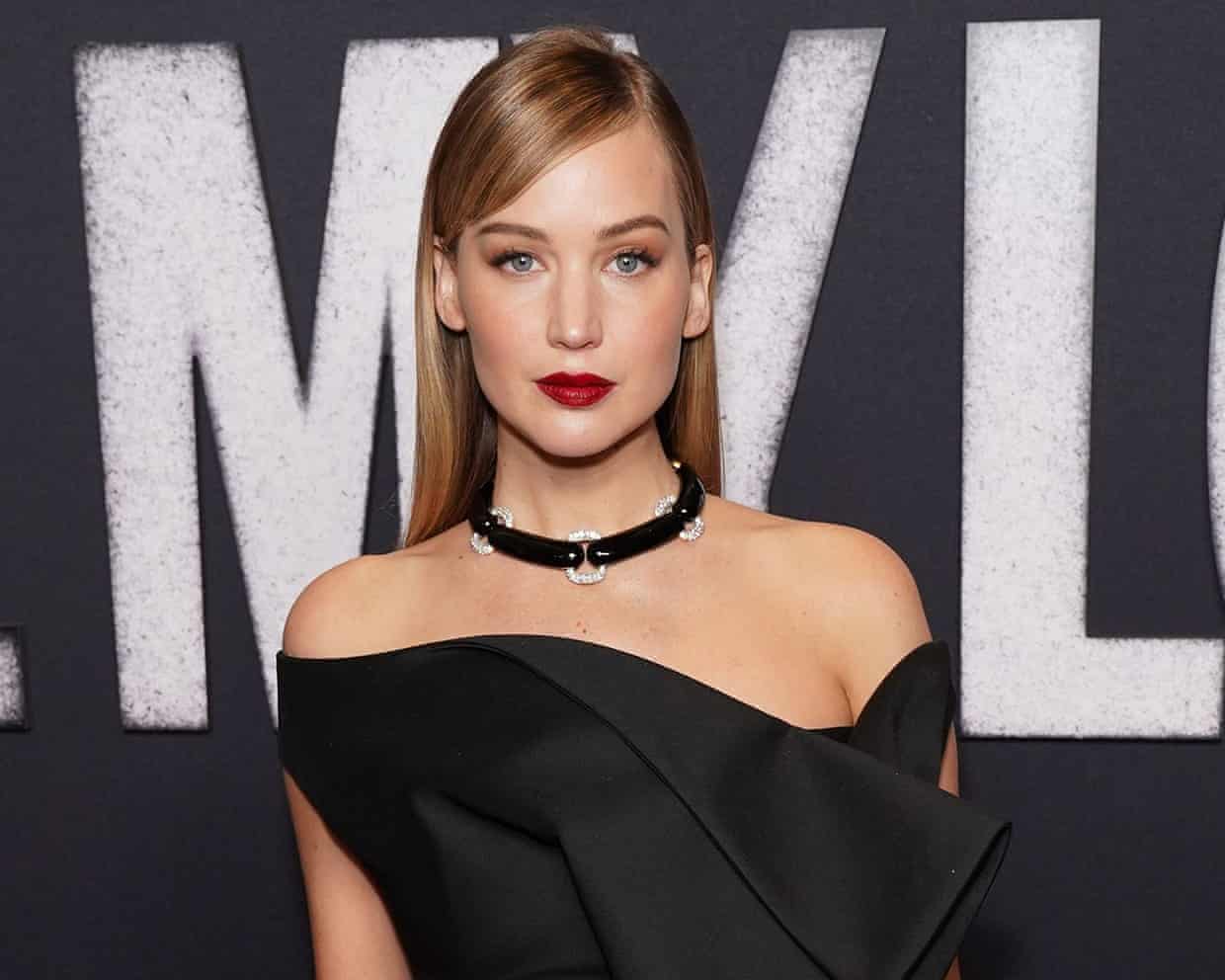
De Niro to JLaw: should celebrities be expected to speak out against Trump?
If you were hoping Jennifer Lawrence might be able to tell you who to vote for and why, you’re in for some disappointment. “I don’t really know if I should,” the actor told the New York Times recently when asked about speaking up about the second Trump administration – and she’s not the only one. “I’ve always believed that I’m not here to tell people what to think,” Sydney Sweeney recently told GQ, after a year in which she was the subject of controversy over a jeans ad and a possible Republican voter registration. This marks a shift from Donald Trump’s first term, when more celebrities seemed not just comfortable speaking out against the administration, but obligated to do so. Now voters will no longer be able to so easily consult with Notes-app-made posts on Instagram to decide who and what they care about before they head to the polls
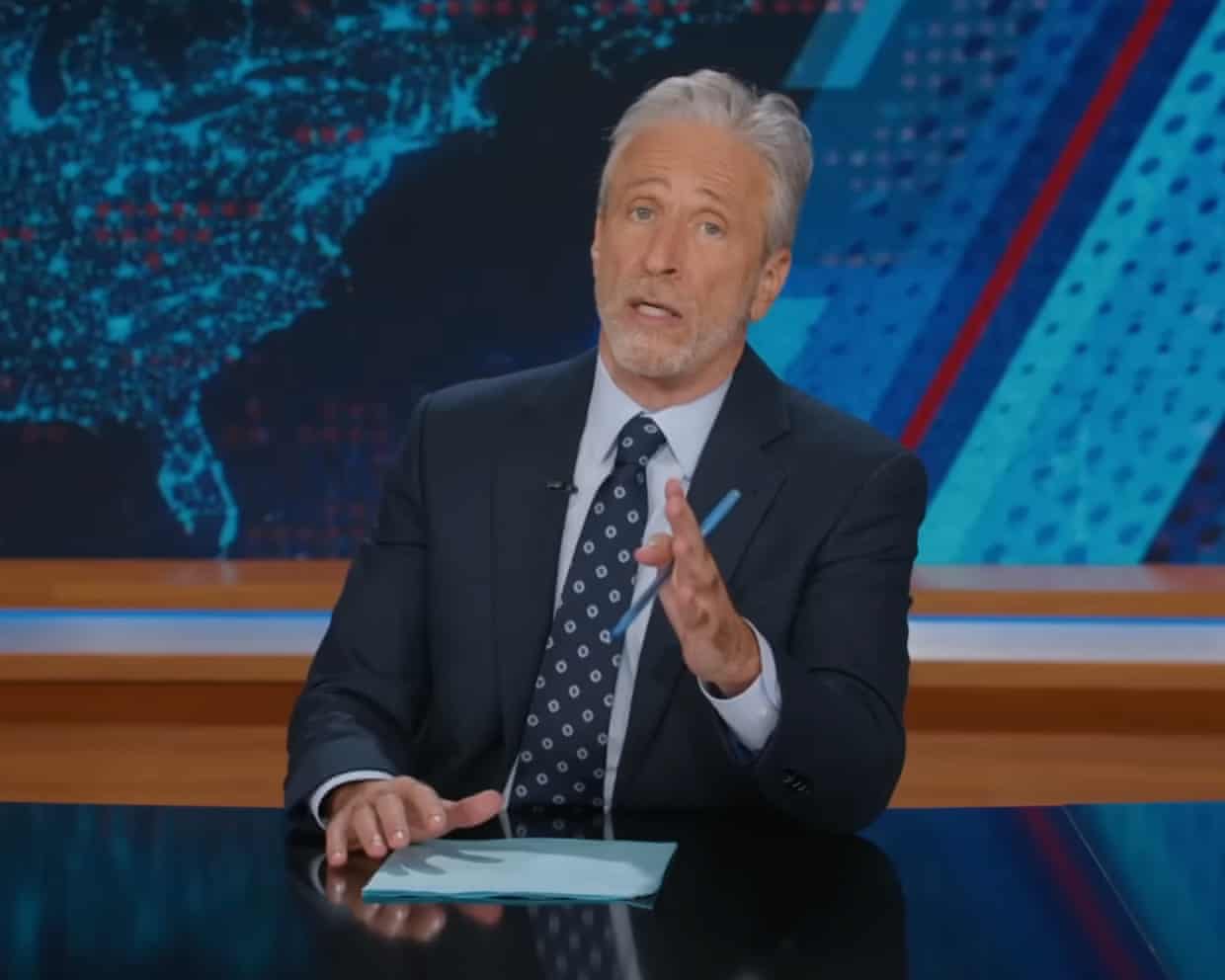
Jon Stewart on Trump’s Gatsby party: ‘The theme was apparently gross income inequality’
Late-night hosts reacted to Donald Trump Great Gatsby-themed Halloween party held just hours before millions of Americans lost their food stamp benefits.On the Daily Show, Jon Stewart mocked House speaker Mike Johnson’s insistence that Trump is “desperate for Snap benefits to flow to the American people”, even as his administration let the largest food assistance program in the nation, supporting around 42 million Americans, lapse during the government shutdown.Stewart played a clip of Johnson assuring that Trump “is a big-hearted president”.“Is he? Big-hearted? Loves us?” Stewart replied. “Because again, and maybe I’m misinterpreting it, but he did just recently dump diarrhea on all of us
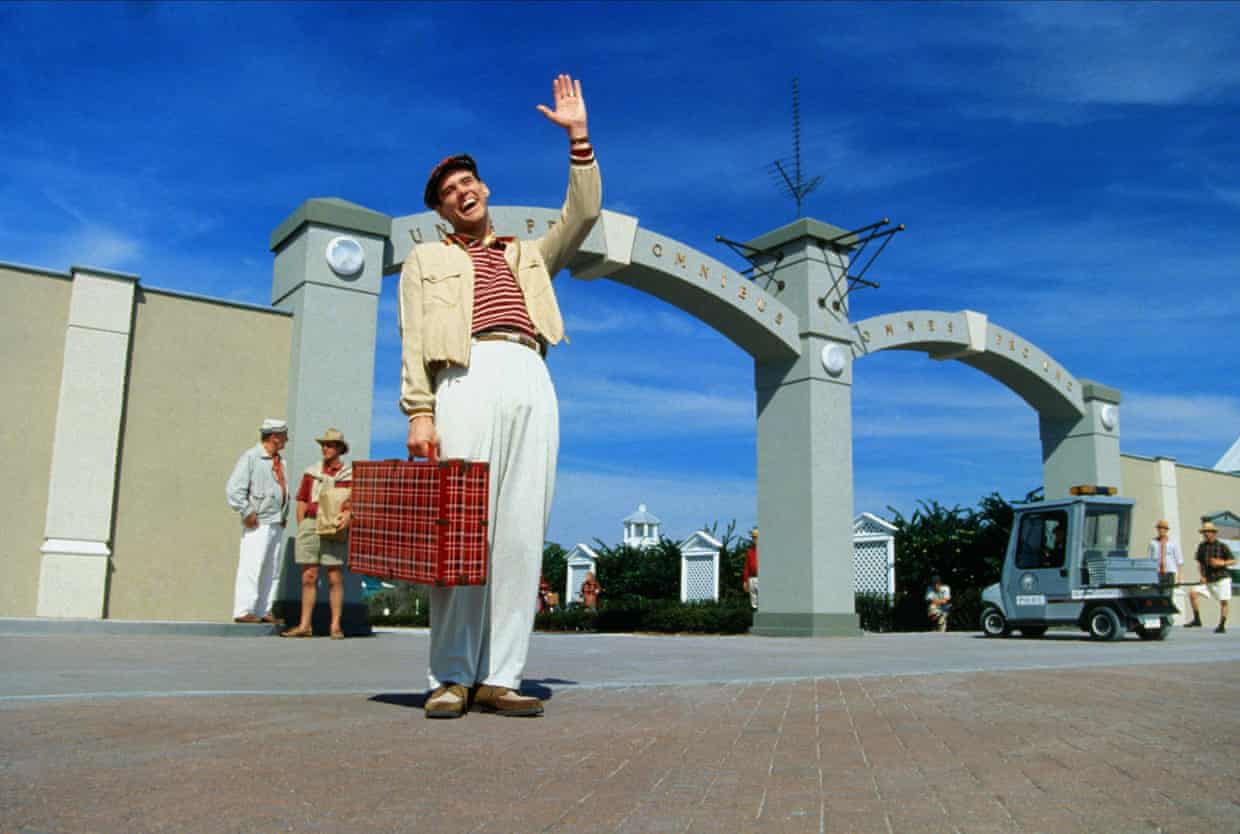
Three decades later, The Truman Show feels freshly disturbing – and astoundingly prescient
The great Australian director Peter Weir is perhaps underrated as an auteur, simply because his filmography doesn’t follow any thematic or stylistic principle; each of his contributions feels like a complete work of art unto itself. While Picnic at Hanging Rock remains his finest work, his foray into Hollywood culminated in the utterly transfixing, intermittently horrifying Jim Carrey vehicle The Truman Show. Almost 30 years after its theatrical release, the film has only grown in stature and prescience.Ostensibly a dark satire on voyeurism and the inexhaustible manipulations of the media, The Truman Show predated the television juggernaut Big Brother by a single year, and it’s hard not to see something causal in that. Both are about surveillance and the murky line separating reality from entertainment; both involve hidden cameras watching the participants’ every move
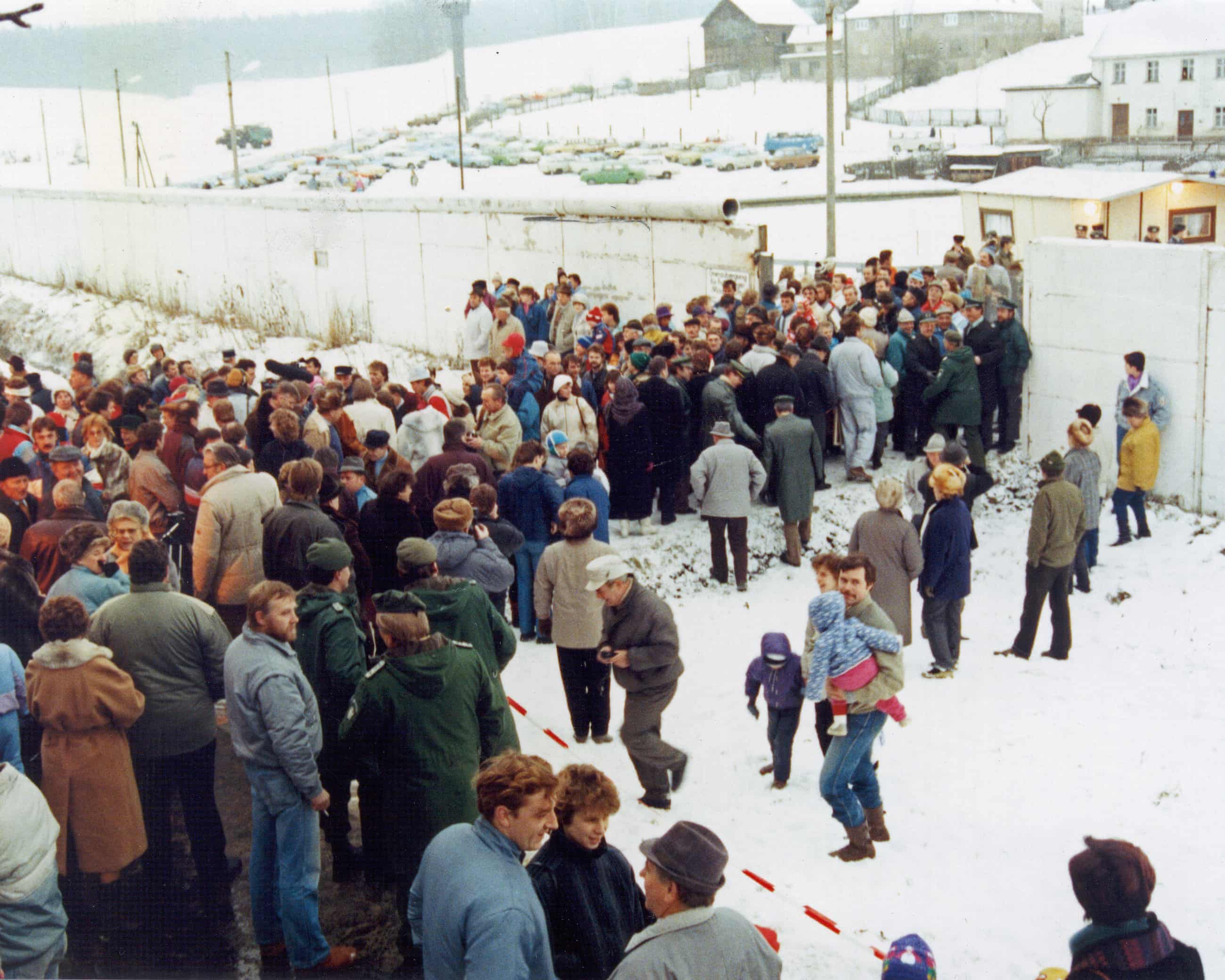
Big trouble in ‘Little Berlin’: the tiny hamlet split in two by the cold war
A new museum in Mödlareuth tells the story of how a settlement of only 50 people straddled Bavaria in West Germany and Thuringia in the eastA creek so shallow you barely got your ankles wet divided a community for more than four decades. By an accident of topography, the 50 inhabitants of Mödlareuth, a hamlet surrounded by pine forests, meadows and spectacular vistas, found themselves at the heart of the cold war. They had the misfortune to straddle Bavaria, in West Germany, and Thuringia in the East, a border that was demarcated first by a fence and then by a wall. American soldiers called it Little Berlin.Months after their own wall was breached, and even before their country had reunified in 1990, a group of local people set about memorialising their history
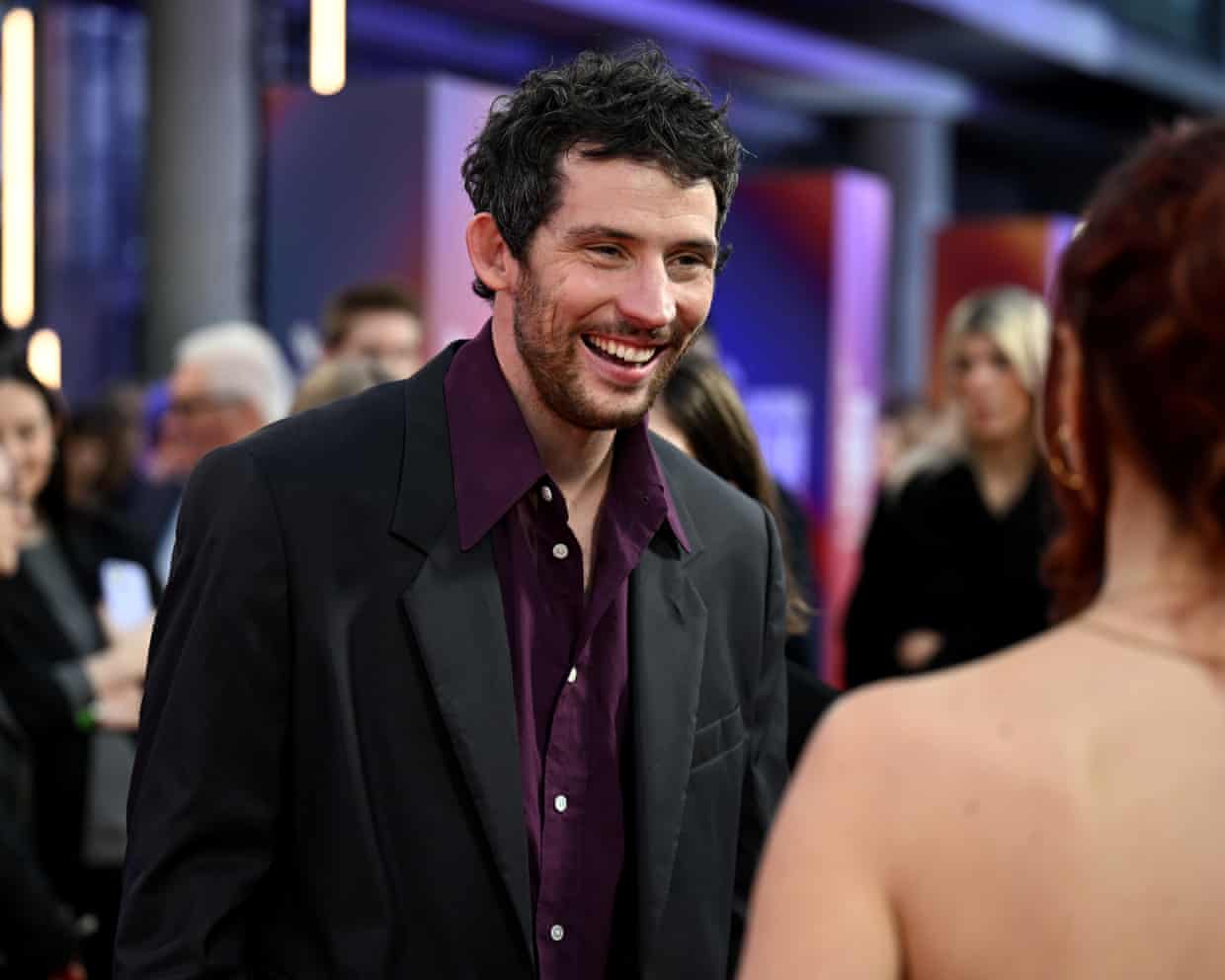
Josh O’Connor: the shape-shifting star who became cinema’s most wanted
He came to prominence with his portrayal of Prince Charles in The Crown, and now it seems that Josh O’Connor might be primed for his own coronation.The British actor is in three major films between now and January – better known to film-lovers as awards season.He leads Kelly Reichardt’s art heist drama Mastermind, which opened in UK cinemas last week; stars opposite Paul Mescal in the period romance drama The History of Sound; and takes the central role in Wake Up Dead Man, Rian Johnson’s third instalment in the Knives Out mystery franchise.There’s also the persistent industry chatter that he’s among those being considered for the next James Bond. “This Is The Autumn Of Josh O’Connor,” declared Vogue recently, while GQ wondered, “How Josh O’Connor Became the Thinking Man’s Leading Man”
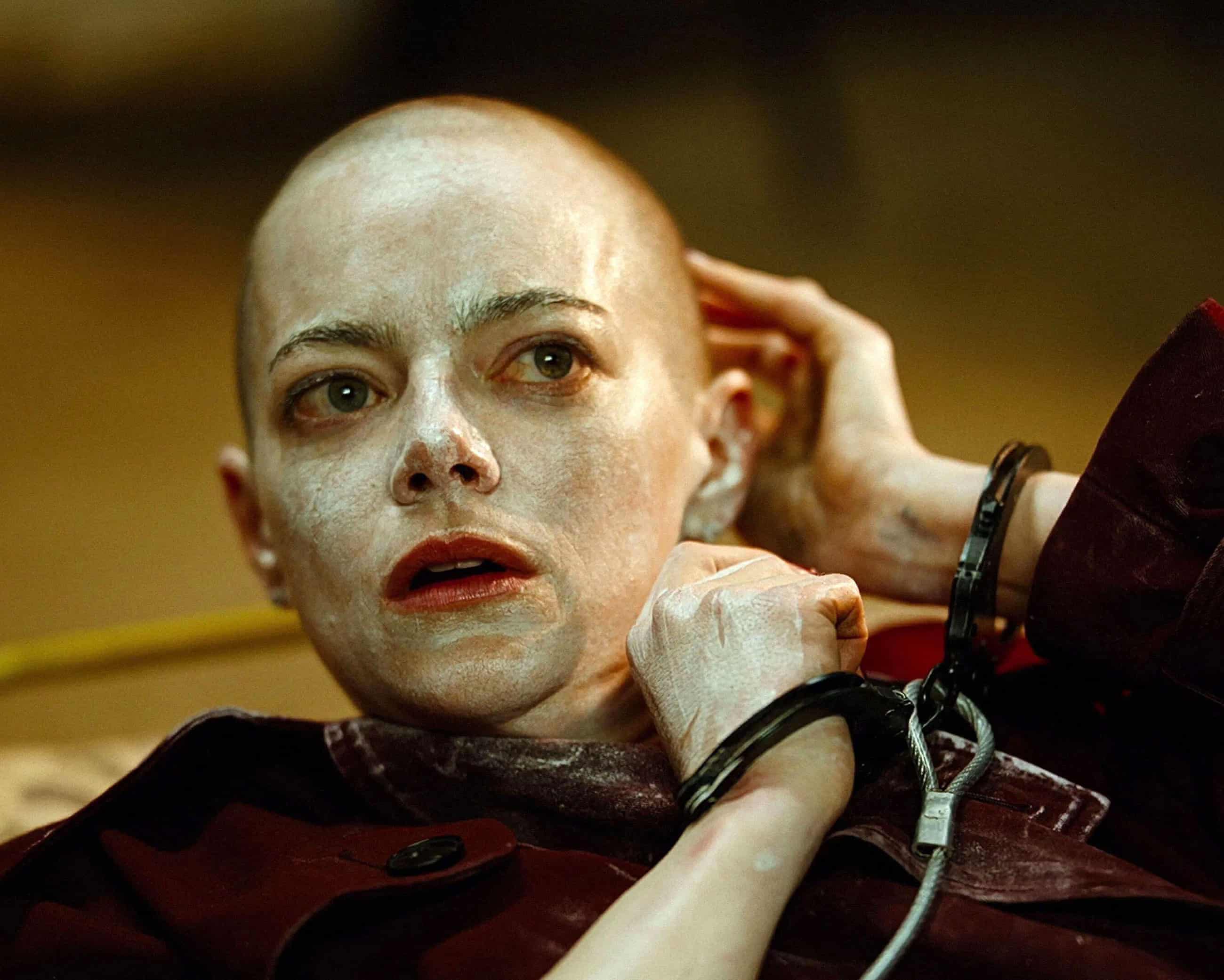
From Bugonia to All’s Fair: your complete entertainment guide to the week ahead
Yorgos ‘Poor Things’ Lanthimos reunites with Emma Stone for a weird kidnapping thriller, while Kim Kardashian and Sarah Paulson get the right side of the law in Ryan Murphy’s LA storyBugoniaOut now One of the wildest directors of the 21st century, Yorgos Lanthimos returns with something that you might not expect from him: a remake. But this isn’t a standard Hollywood cash-in; it’s a black comedy that sees Emma Stone and Jesse Plemons go to some truly crazy places in a story of two conspiracy theorists who kidnap a CEO.RelayOut now Riz Ahmed plays the guy you call when a dodgy corporation and an individual with the potential to expose their corrupt practices need to talk. Basically he’s a “fixer”, who can broker payoffs for eye-watering amounts, while keeping a piece of the pie for himself – but is he about to bite off more than he can chew? The new thriller from David Mackenzie (Hell Or High Water).Palestine 36Out now The Palestinian entry for the best international film at the Oscars, this historical drama from Annemarie Jacir explores events leading up to the Arab revolt of 1936, when Palestinians tried to gain independence from British colonial rule

Sky owner Comcast in talks to buy ITV’s broadcasting arm for £2bn
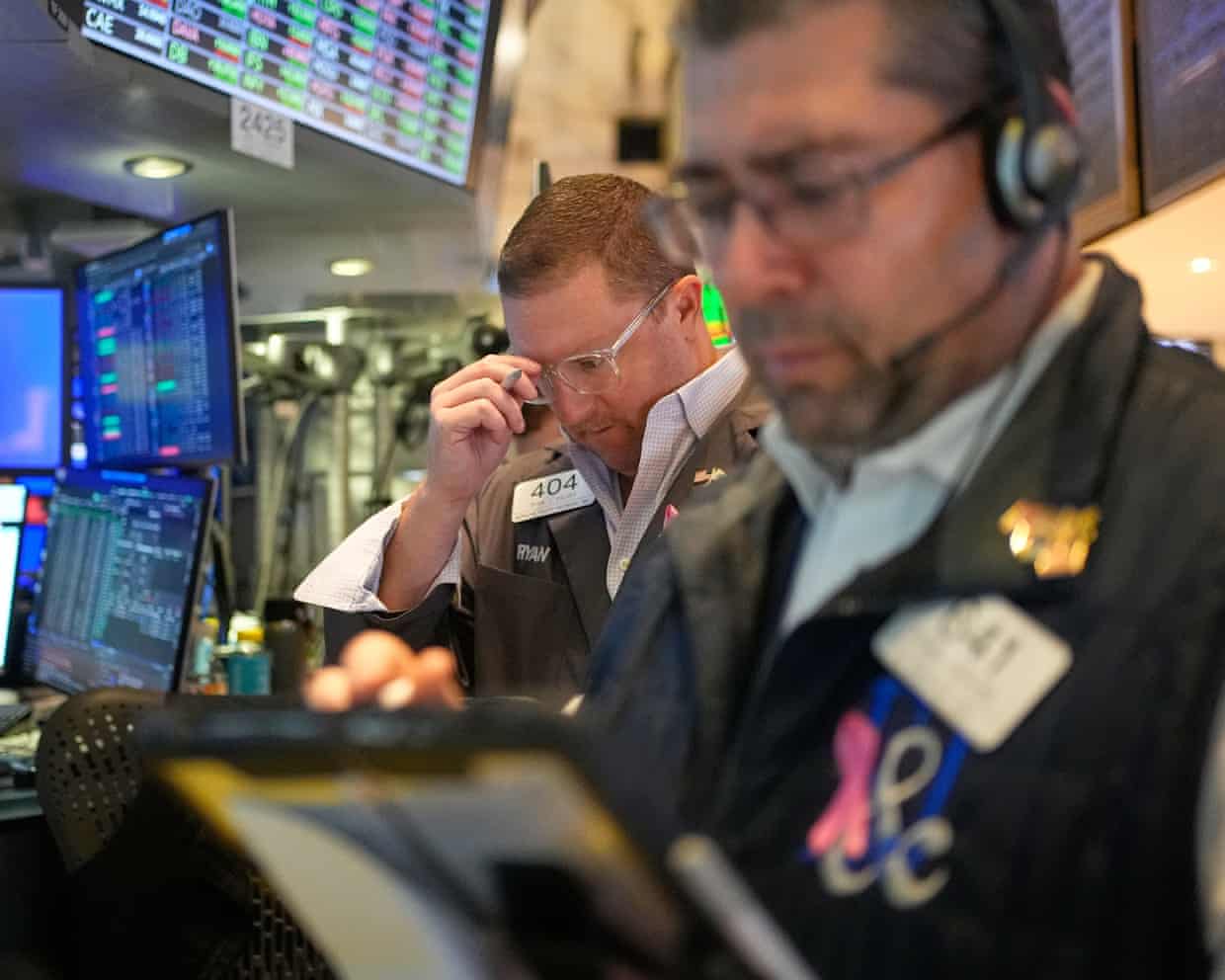
US markets tumble amid Wall Street concern over job losses and AI
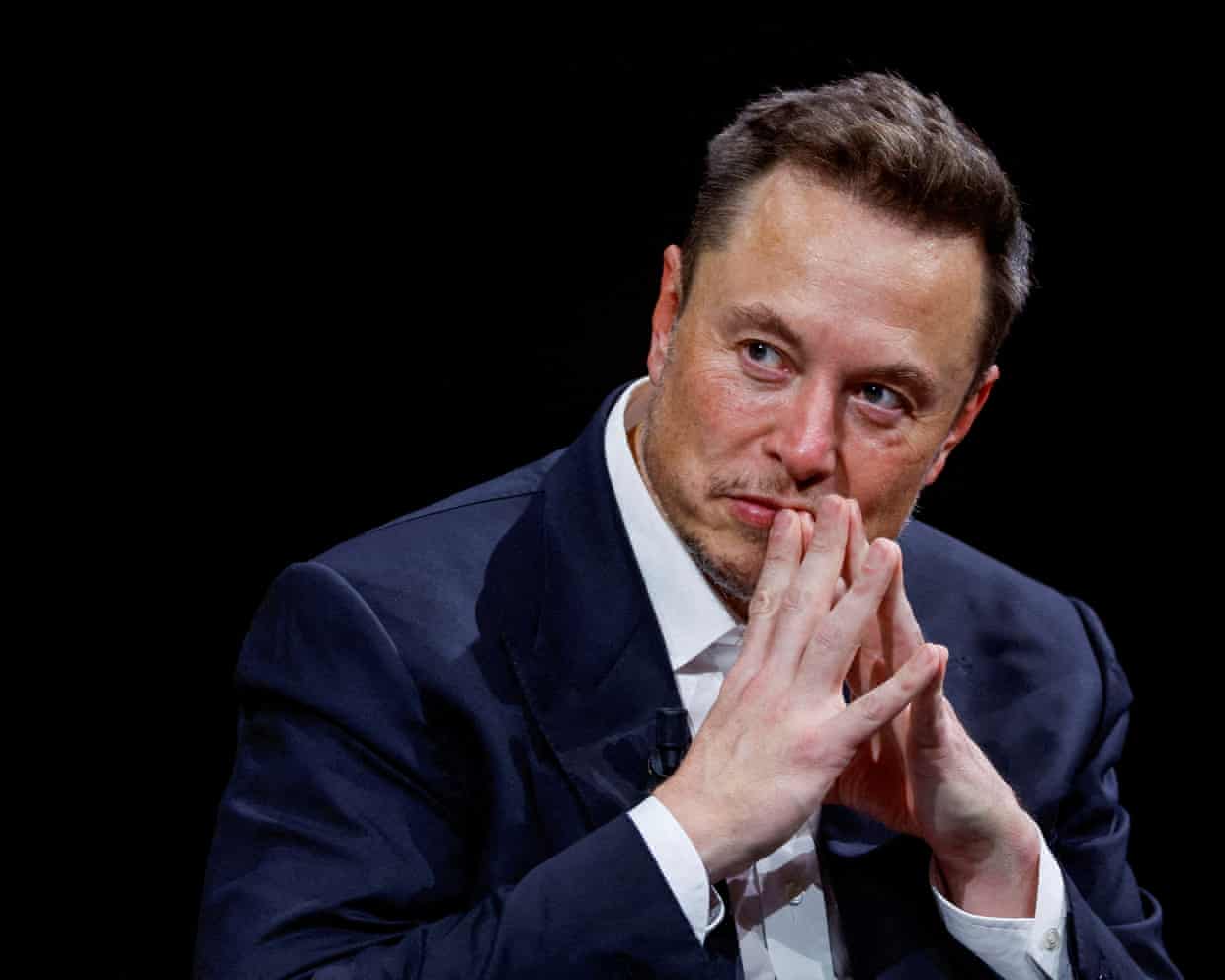
How Tesla shareholders put Elon Musk on path to be world’s first trillionaire

Tesla shareholders approve $1tn pay package for Elon Musk
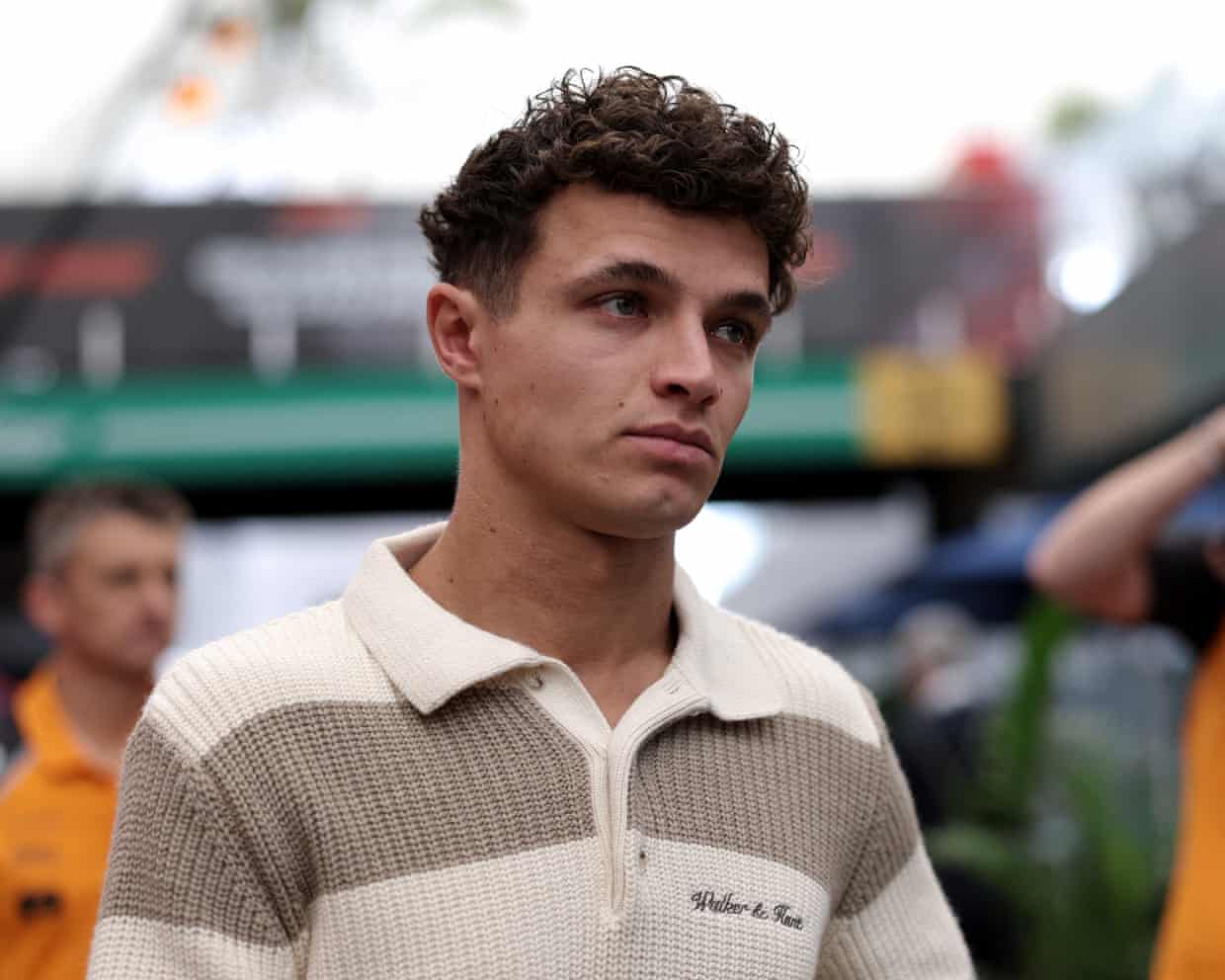
‘The goal is to win all the final races’: Norris raises bar before São Paulo GP
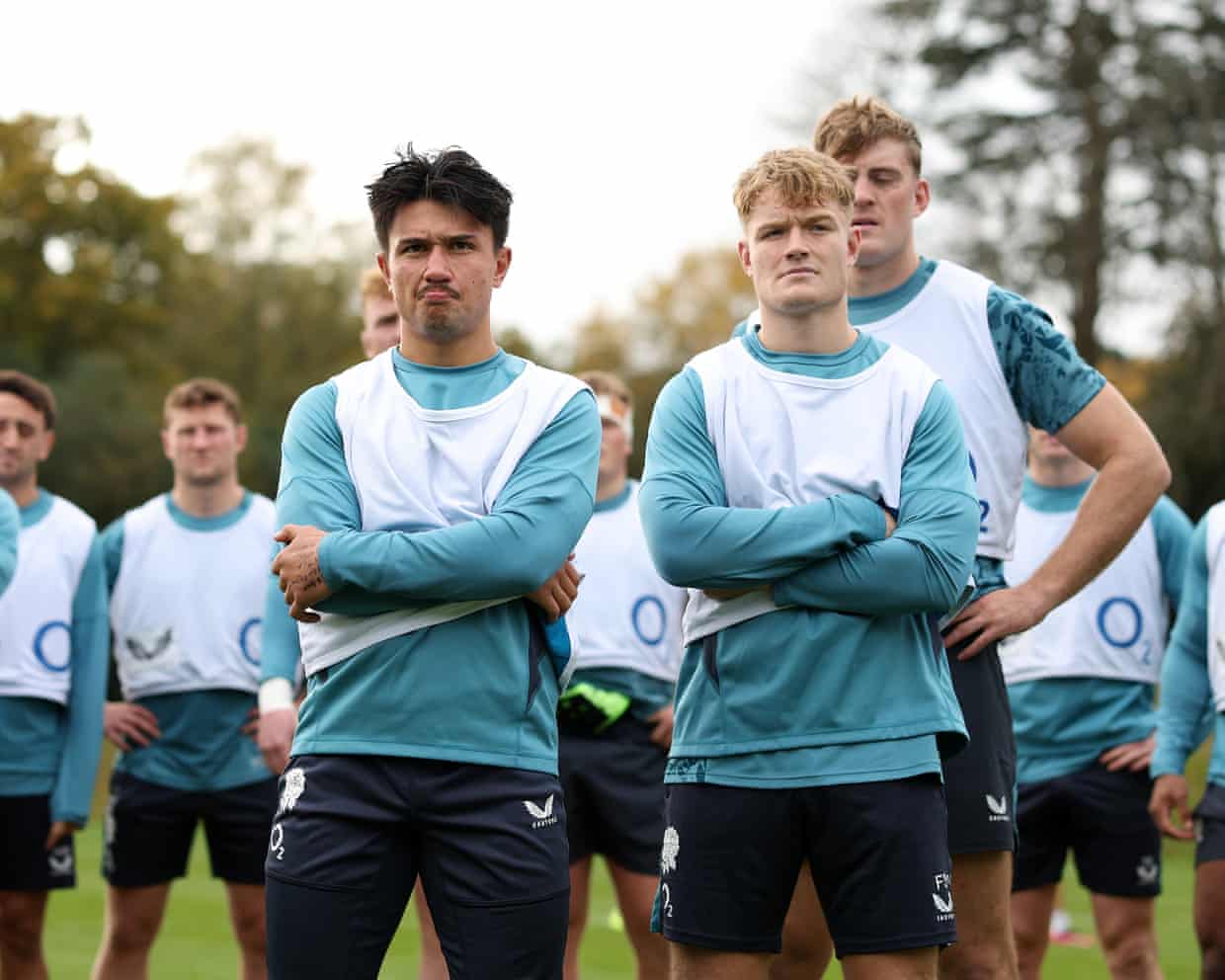
Marcus Smith urged to kickstart England attack against Fiji after setbacks